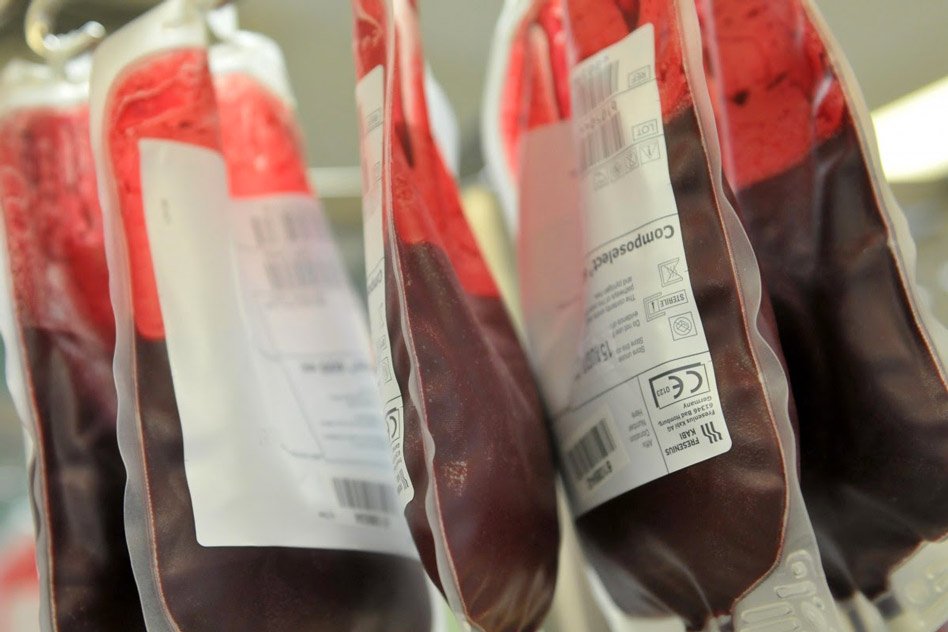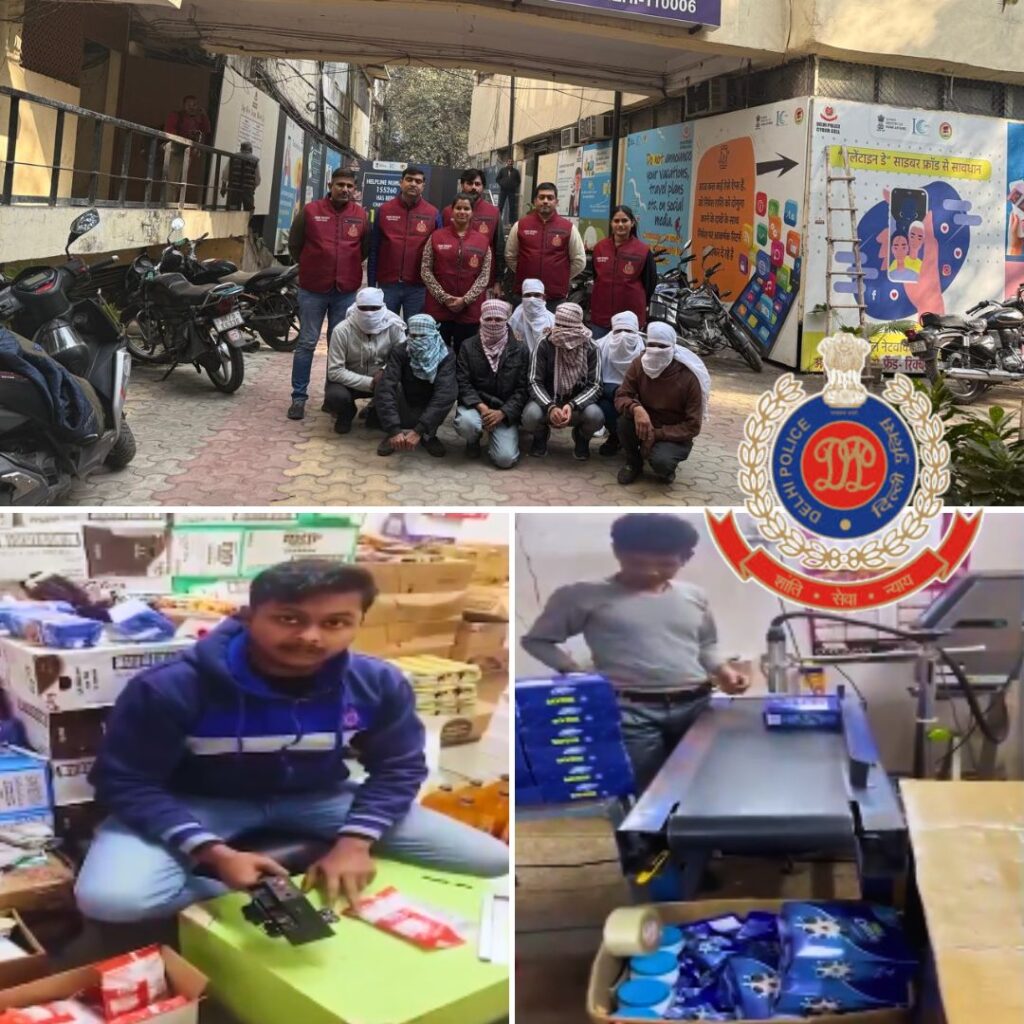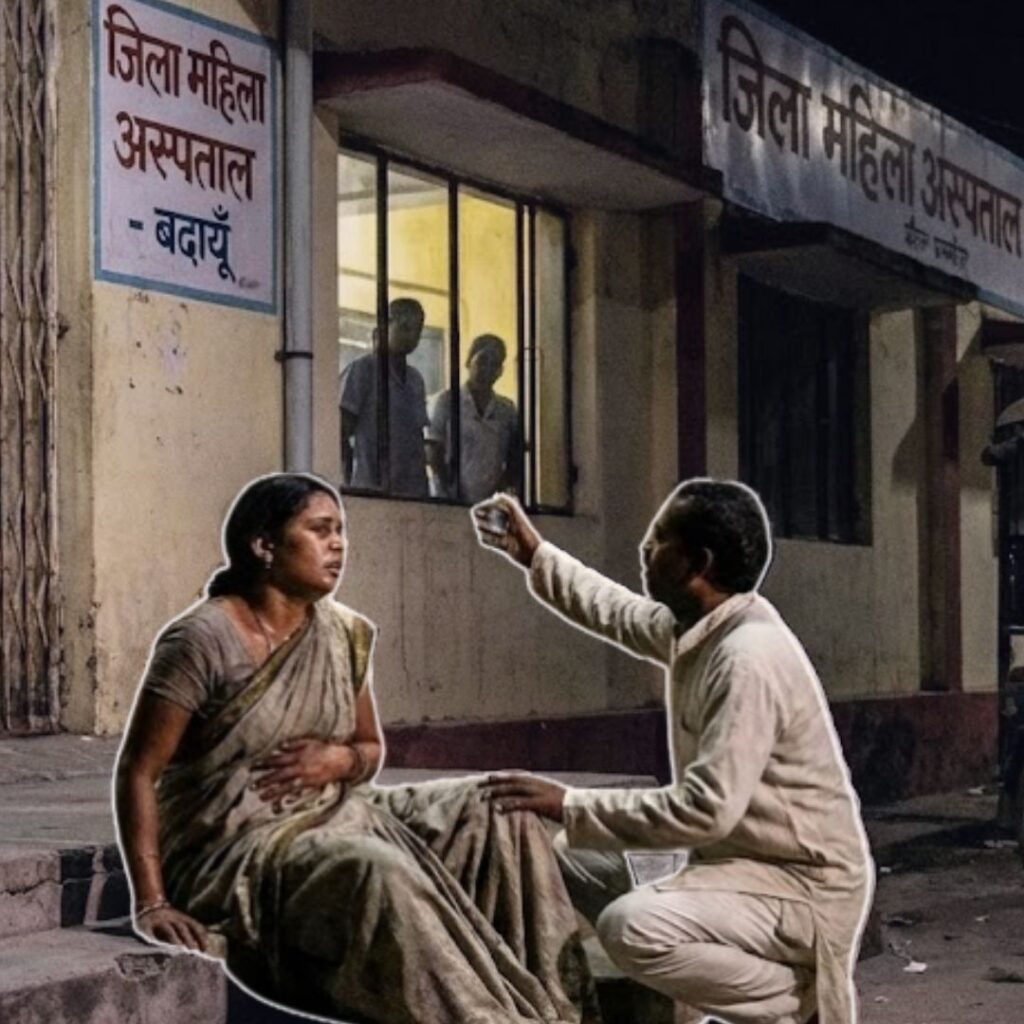Originally published on Scroll | Reported By Rakesh Bhatnagar Image Source: tekamulaz
Profit can be thicker than blood, at least in Gujarat. A Comptroller and Auditor General report reveals a grim picture of state-governed blood banks in Gujarat, which sold blood components for profit, which overcharged HIV patients, and where government oversight was apparently so relaxed that it led to the loss of at least one life.
The CAG report on the general and social sector was tabled in the Gujarat legislative assembly in March during the monsoon session.
The Highlights of the report are
- It says that between 2011 and 2014, 10 blood banks sold 52,000 liters of “fresh frozen plasma” for Rs 6.17 crore in contravention of the national rules. The National Blood Policy clearly prohibits sale of blood in the country, yet these blood banks “traded in blood components”, vending plasma to three pharmaceutical companies for fractionation, a process whereby blood is separated into its component parts.
- As a rule no cost should be charged for issue of blood/blood components to Thalassemia and Hemophilia patients, who require repeated blood transfusions, as a life saving measure. However, at 3 charitable blood banks (out of 32 checked), service charges of 19.61 lakh were recovered during 2011-14 for 5,747 blood units given to Thalassemia and Hemophilia patients.
- Of the 32 blood banks CAG examined, seven overcharged HIV patients, even though the National Aids Control Organization instructs not to do so. Together, these banks collected “excess service charge of Rs 4.82 crore for 3.14 lakh units of blood or blood components” from HIV patients during 2011-’14.
- In one case, the report points out, a person died while donating blood at Prathama Blood Centre, Ahmedabad, due to “improper handling” of the donor.
- Blood bank license is valid for five years after which, renewal of the same has to be made based on fresh inspection. However it observed that as of March 2014, 54 blood banks out of 136 (11 Government, 34 Charitable and 9 Private blood banks) were functioning without renewal of License. The reasons for nonrenewal of Licenses were lack of joint inspections by Commissioner of Food and Drugs Control Administration (CFDCA) and Central Drugs Standard Control Organization (CDSCO) before expiry of Licenses.
- The report takes serious note of the fact that there was a shortage of equipment in all 136 blood banks in Gujarat during 2013-’14, as a result of which the quality of blood distributed by them couldn’t always be checked. The banks also didn’t have equipment such Elisa Reader to conduct tests prescribed by the National Aids Control Organization. Without ELISA Reader equipment, the chances of blood contamination increase. (Blood transfusion accounted for 1.20% of all new HIV infections in Gujarat in 2013-’14.).
- It was also found that 73,000 units of blood had gone down the drain because the blood banks were not equipped with a computer network linking them to different hospitals.
We The Logical Indian community requests the Indian Government and relevant authorities involved to comply with the CAG findings and ensure the best possible quality and standards are maintained were human life is involved, as the human life is precious.
The article has been sourced with permission from scroll.in, you can view the original article here.











